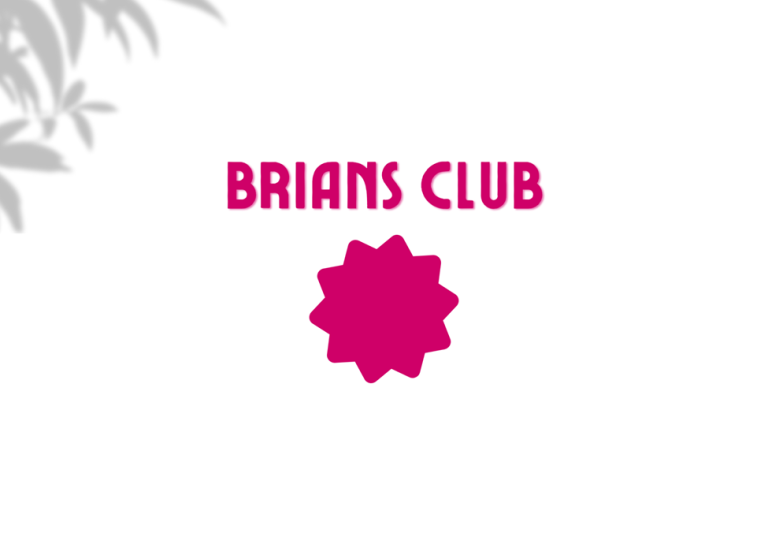What are Red Flags for Divorce Mediation?

Divorce cases are not always solved in court. There are instances when mediation is conducted among the partners to ensure that they do not take their case to the courts. Mediation is a solution for divorcees who want to end the relationship amicably and avoid the stress and expense of going to court. However, mediation is also not an easy process in which both partners have to agree at a single point.
There are various red flags that we have to understand in mediation cases in order to understand how they can affect the divorce process. In this article, we will realize these red flags for divorce mediation and learn how to resolve them. Let’s begin our discussion about the red flags for divorce mediation.
What is Divorce Mediation?
Divorce is never easy, but mediation is considered one of the glimmering paths for couples. In mediation, there are promises to navigate the complexities of ending a relationship with less stress, hatred, and expense. Mediation is a great alternative to courts, where a neutral third party helps the couple reach a mutually agreed-upon settlement.
Through the mediation process, there is open communication, a willingness to find common ground, and a certain degree of compromise to solve various aspects like child custody, division of assets, and spousal support. Therefore, it is considered an effective ground for many couples.
What are Red Flags for Divorce Mediation?
- High-Conflict Divorce Cases: Mediation is considered an effective and preferred divorce method, but it is equally important to understand when it is not the best option. High-conflict divorce cases are when the emotions and antagonism run high, and it can be particularly challenging. In such cases, the communication has broken down, and there is a long history of abuse, thus the chances of mediation are less in high-conflict cases.
- Domestic Violence: Domestic violence is a case that indicates that mediation cannot work. It is because safety should be your priority, and in such cases, engaging in compromise would endanger the victim’s safety. Therefore, legal help is essential to protect the victim and the children.
- Concerns About Transparency: In mediation, transparency is essential for ensuring a fair and equitable outcome for both parties. A transparent process allows each party to have a clear understanding of the information being shared and the options being considered. Unlike traditional divorce litigation, mediation does not involve a discovery process, so it is important for both parties to be transparent. However, if there is a lack of transparency, then it becomes a major red flag for divorce mediation.





